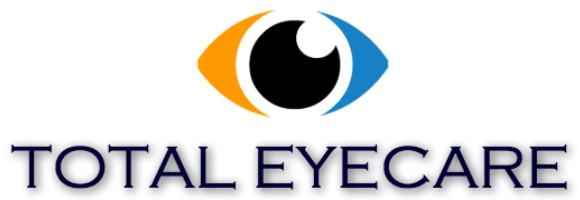You qualify for a free NHS-funded sight test if:
- you’re aged under 16
- you’re aged 16, 17 or 18 and are in full-time education
- you’re aged 60 or over
- you’re registered as partially sighted (sight impaired) or blind (severely sight impaired)
- you’ve been diagnosed with diabetes or glaucoma
- you’re 40 or over, and your mother, father, brother, sister, son or daughter has been diagnosed with glaucoma
- you’ve been advised by an ophthalmologist (eye doctor) that you’re at risk of glaucoma
- you’re a prisoner on leave from prison
- you’re eligible for an NHS complex lens voucher – your optometrist (optician) can advise you about your entitlement
You’re also entitled to a free NHS sight test if you:
- receive Income Support
- receive Income-based Jobseeker’s Allowance (not Contribution-based)
- receive Pension Credit Guarantee Credit
- receive Income-based Employment and Support Allowance
- are awarded Universal Credit
- are entitled to, or named on, a valid NHS tax credit exemption certificate
- you are named on a valid NHS certificate for full help with health costs (HC2)
People named on an NHS certificate for partial help with health costs (HC3) may also get help.
Proving your entitlement to a free NHS eye test
When you go for your sight test, tell your ophthalmic practitioner that you’re entitled to a free NHS sight test. They will give you a form called GOS1 to fill in and sign.
You’ll be asked to show proof that you’re entitled to a free NHS sight test. Try and take this proof with you when you have your eye examination.
What if I’m not entitled to a free NHS eye test?
If you don’t qualify for a free NHS sight test, you will have to pay for a private sight test.




